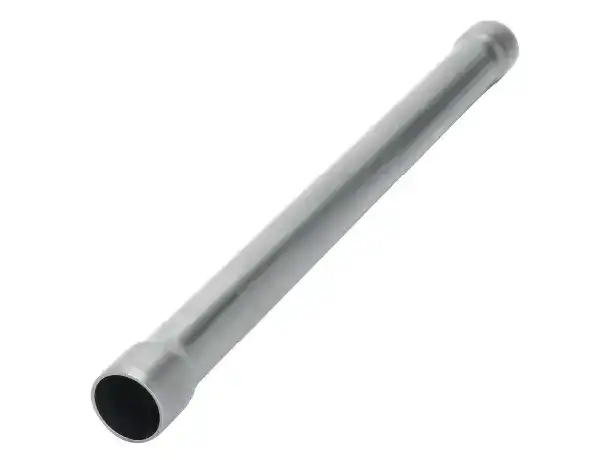

The Significance of Automotive Parts Supply in the Modern Era
The automotive industry is one of the most dynamic sectors globally, characterized by rapid technological advancements and intense competition. At the core of this industry lies the crucial element of automotive parts supply. The effective management of automotive parts supply is fundamental to ensuring the smooth operation of manufacturing processes, maintenance of vehicles, and the overall performance of the automotive market.
The Evolution of Automotive Parts Supply
The supply chain for automotive parts has undergone significant transformations over the decades. With the globalization of the automotive industry, manufacturers are no longer limited to local suppliers. Instead, they now rely on a complex network of suppliers from around the globe. This globalization has allowed for a greater variety of parts and materials, leading to enhanced innovation and competitiveness. However, it has also introduced challenges such as supply chain disruptions, which can arise from geopolitical tensions, natural disasters, or pandemics. The COVID-19 pandemic, for instance, illustrated the vulnerabilities in global supply chains, highlighting the need for robust contingency planning and diversification of supply sources.
The Role of Technology in Supply Chain Management
The integration of technology in automotive parts supply has revolutionized the way manufacturers and suppliers operate. Advanced technologies such as the Internet of Things (IoT), Artificial Intelligence (AI), and blockchain have facilitated improved tracking, inventory management, and predictive analytics. For instance, IoT devices can monitor parts in real-time, allowing for timely replenishment and reducing the risk of stockouts. AI algorithms can analyze historical data to forecast demand accurately, enabling manufacturers to adjust production schedules accordingly.
Blockchain technology offers enhanced transparency and traceability in the supply chain. By creating a decentralized ledger, all parties can access real-time information regarding the status of parts, mitigating risks such as counterfeit components. As vehicles become increasingly connected and software-driven, the supply chain's integrity becomes paramount for safety and performance.
Sustainable Practices in Automotive Parts Supply

As environmental awareness grows, the automotive industry is under pressure to adopt sustainable practices in its supply chain. This includes not only sourcing materials responsibly but also minimizing waste and emissions throughout the parts production and distribution processes. Companies are increasingly adopting circular economy principles, wherein materials are reused, remanufactured, or recycled to reduce the environmental impact.
Manufacturers are also looking at localizing some aspects of their supply chains to reduce transportation emissions and support local economies. This realignment is sometimes referred to as nearshoring and can also make supply chains more resilient to global disruptions.
The Future of Automotive Parts Supply
Looking ahead, the automotive parts supply chain will continue to evolve, driven by trends such as electrification, autonomous vehicles, and the shift towards mobility-as-a-service (MaaS). Electric vehicles (EVs) require different sets of components compared to traditional vehicles, which may disrupt existing supply chains. As more manufacturers invest in EV technology, suppliers will need to adapt quickly to provide the necessary parts for battery systems and electric drivetrains.
Moreover, advancements in additive manufacturing, commonly known as 3D printing, are poised to change the landscape of automotive parts supply. This technology allows for on-demand production of components, significantly reducing lead times and inventory costs. As 3D printing continues to advance, it could become a game-changer, offering manufacturers enhanced flexibility and customization options.
Conclusion
In conclusion, automotive parts supply is a critical component of the global automotive industry, influencing everything from production efficiency to vehicle innovation. As the industry faces new challenges and opportunities, the ability to adapt and integrate advanced technologies will be key to sustaining competitiveness and achieving long-term success. By embracing sustainable practices and leveraging digital solutions, the future of automotive parts supply holds the promise of a more efficient, resilient, and environmentally friendly automotive landscape.